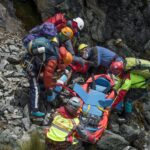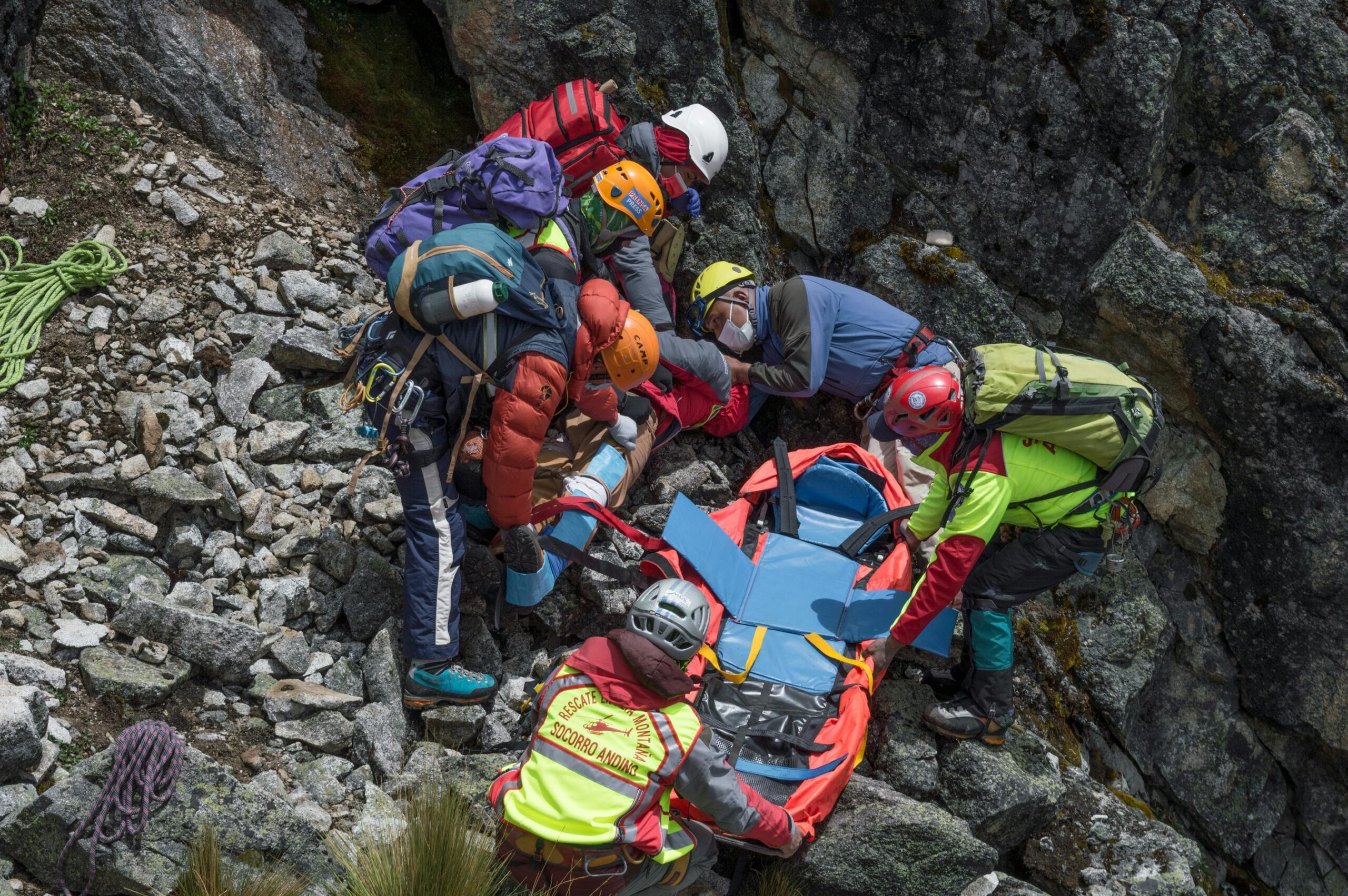Backcountry Camping Regulations Overhauled in National Parks
Introduction
National parks across North America have recently updated their backcountry camping regulations to ensure the preservation of these delicate ecosystems. These changes aim to balance the desire for wilderness experiences with the need to protect these natural treasures for future generations. This article will delve into the key updates and provide practical tips for responsible backcountry camping.
Stricter Permit Requirements
Permits are now mandatory for overnight stays outside of developed campgrounds in most national parks. These permits, available through park websites or visitor centers, specify camping zones, group sizes, and durations of stay to minimize environmental impact[1][3][5]. For example, in Grand Canyon National Park, backcountry travelers must obtain a permit from the Backcountry Information Center, which includes details such as the trip leader, itinerary, number of people, and dates specified on the permit[1].
Leave No Trace Principles
Regulations emphasize the importance of Leave No Trace principles, such as packing out all trash, minimizing campfire use, and respecting wildlife habitats. Campers are also required to adhere to specific guidelines for setting up campsites, including distance from trails, roads, and water sources[1][4][5]. In Banff National Park, for instance, campers must use designated campsites and follow strict guidelines for food storage and waste disposal to minimize the risk of wildlife encounters[3].
Group Size and Duration of Stay
Group sizes are limited to ensure minimal environmental impact. In Lassen Volcanic National Park, backcountry camping groups are limited to 10 people maximum[2]. Similarly, in Yosemite National Park, wilderness permits are issued to a limited number of people each day according to a trailhead quota[4].
Duration of stay is also regulated. In Grand Canyon National Park, camping in designated campsites or campgrounds is limited to two nights (consecutive or non-consecutive) per campsite or campground per hike, with an exception for the off-season[1]. In Banff National Park, the length of stay for any campground cannot be more than three consecutive nights[3].
Practical Tips for Responsible Backcountry Camping
- Plan ahead: Obtain the necessary permits and follow park regulations to ensure a safe and enjoyable trip.
- Pack out all trash: Leave no trace of your presence in the wilderness.
- Minimize campfire use: Use portable stoves or gas fuel stoves instead of campfires to reduce environmental impact.
- Respect wildlife habitats: Keep a safe distance from wildlife and store food and trash properly to avoid attracting animals.
- Follow guidelines for setting up campsites: Choose campsites that are far from trails, roads, and water sources to minimize environmental impact.
Conclusion
The recent updates to backcountry camping regulations in national parks are crucial for preserving these delicate ecosystems. By following these regulations and practicing responsible backcountry camping, we can ensure that these natural treasures remain protected for future generations. Remember to plan ahead, pack out all trash, minimize campfire use, respect wildlife habitats, and follow guidelines for setting up campsites to have a safe and enjoyable backcountry camping experience.
References:
- [1] National Park Service. (2024, November 13). Backcountry Permit – Grand Canyon – National Park Service. https://www.nps.gov/grca/planyourvisit/backcountry-permit.htm
- [2] National Park Service. (2024, November 5). Backcountry Camping Regulations – Lassen Volcanic National Park. https://www.nps.gov/lavo/learn/management/backcountryregulations.htm
- [3] Parks Canada. (2024, November 21). Backcountry camping – Banff National Park. https://parks.canada.ca/pn-np/ab/banff/activ/arrierepays-backcountry
- [4] Recreation.gov. (2024, November 2). Yosemite National Park Wilderness Permits. https://www.recreation.gov/permits/445859
- [5] Parks Canada. (2024, November 13). Reservation policies – Canada.ca. https://parks.canada.ca/termes-terms/reservation










